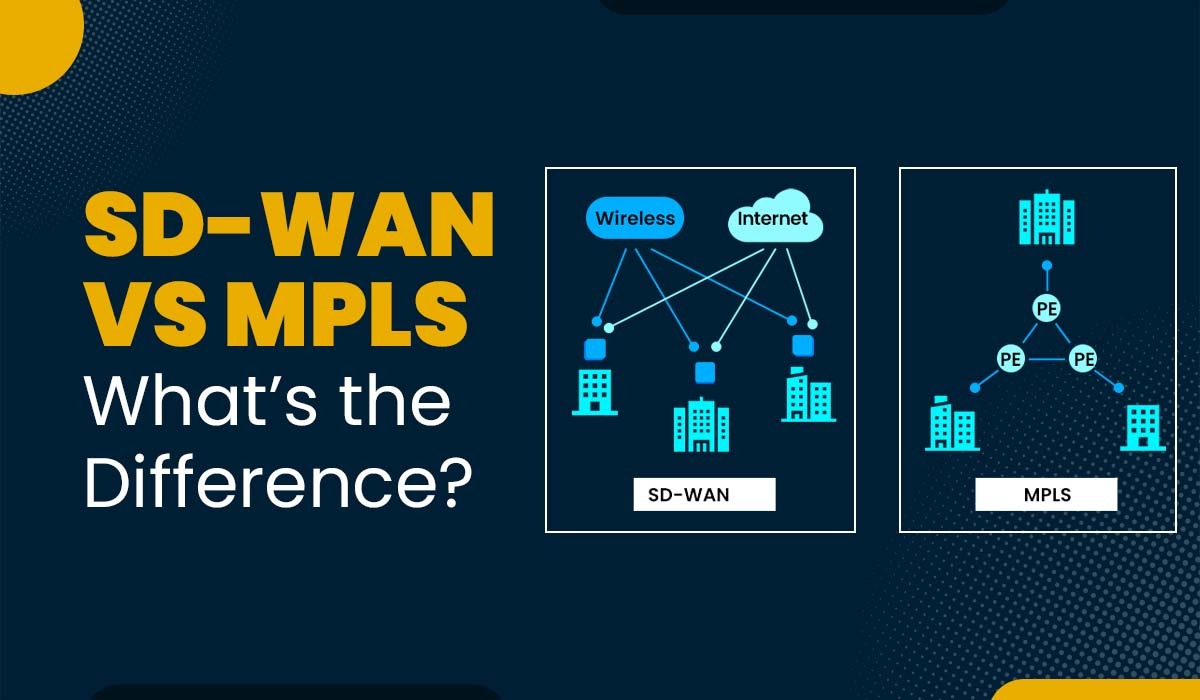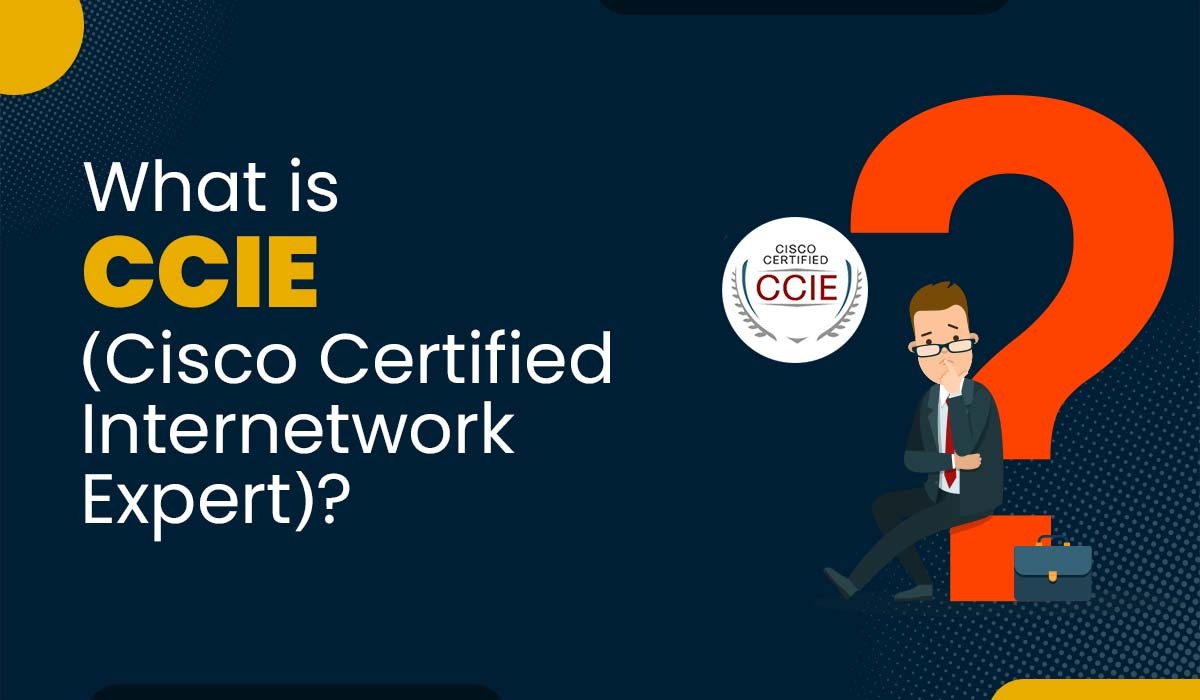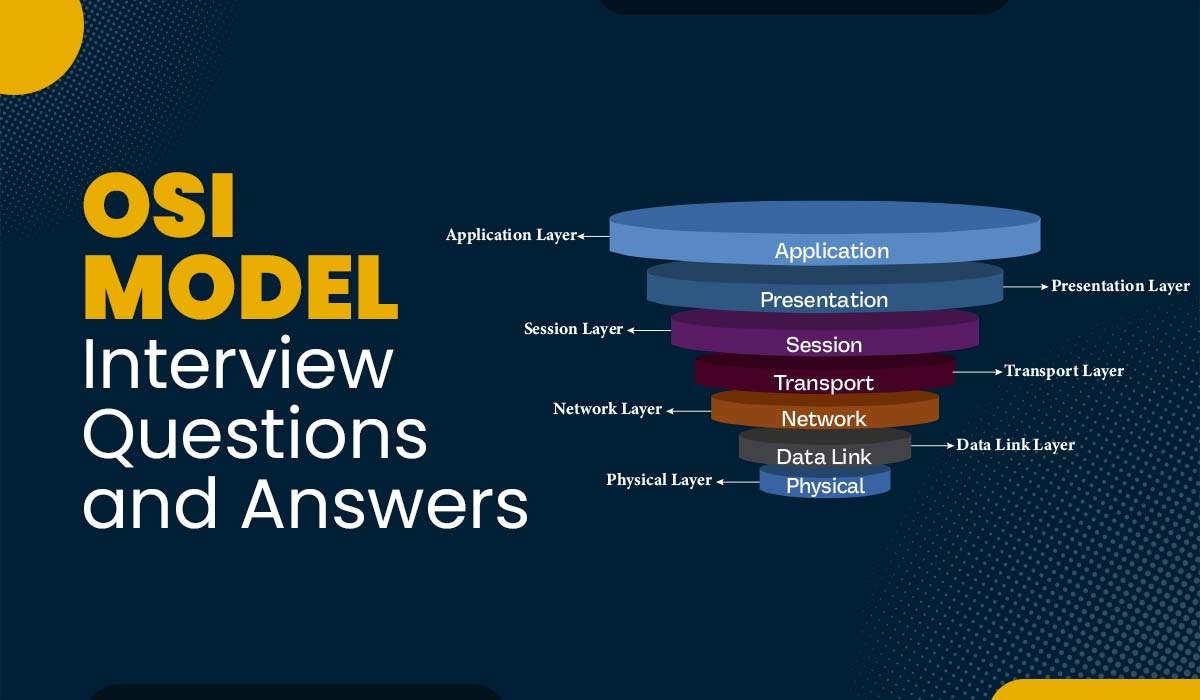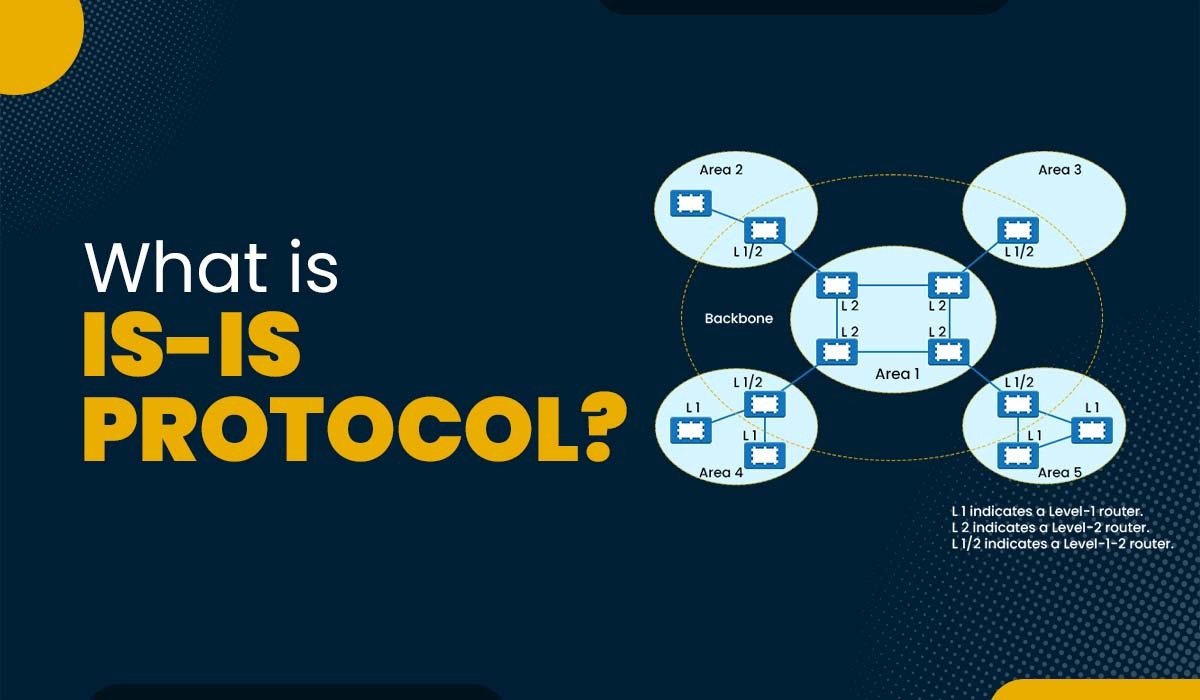Top CCNA DevNet Interview Questions and Answers
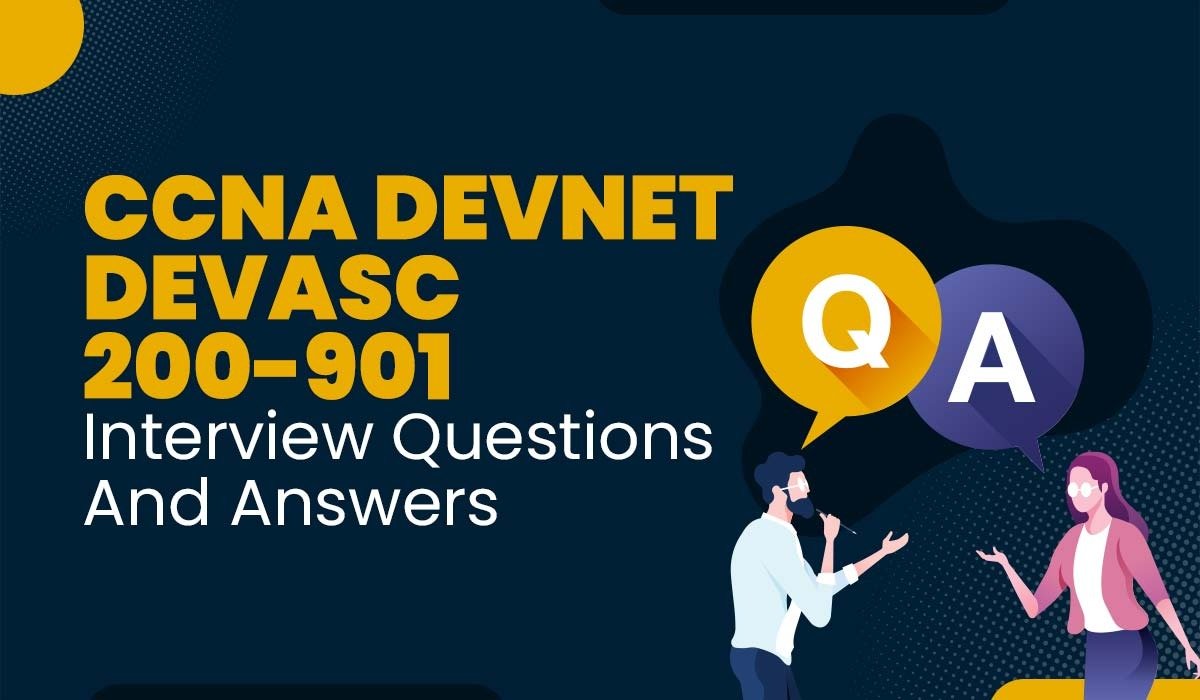
When you have finished your CCNA DevNet training, you become a suitable candidate to apply for network automation job roles. Suppose you are preparing for Network Automation engineer interviews. In that case, you should know that in addition to the standard interview questions, you will get to face technical questions evaluating your skills, knowledge related to the subject and tools that you have expertise in. So, these are some of the few CCNA DevNet Interview Questions and Answers that will help you prepare for the technical part of your interview. The key to succeeding in the job interview process is preparation. However, it might be challenging to plan when you don’t know what kinds of questions to expect. Here is a guide to help you get ready for some typical interview questions you might get. Our trainers and placement officers, who are among the brightest minds in the DevNet track and have already assisted thousands of network automation engineers in getting trained and placed, have curated these questions to help you prepare best for your interviews. CCNA DevNet, short for Cisco Certified Network Associate DevNet, is a certification program offered by Cisco Systems that focuses on network automation and programmability. It is designed for professionals who want to enhance their skills in software development, automation, and networking technologies. CCNA DevNet provides a comprehensive understanding of software development and networking concepts, allowing individuals to build and manage applications and infrastructure in modern networked environments. This certification covers a wide range of topics, including programming fundamentals, APIs, software-defined networking (SDN), network automation, and security. So, let’s take a look at the questions you can expect to hear from any interviewer. Make sure your knowledge is thorough for these questions to impress the interviewers. Here are the top 15 CCNA DevNet Interview Questions and Answers: BASH stands for Bourne Again Shell. It is a free and improved version of the Bourne Shell included with the Linux and GNU operating systems. It is identical to the original version; it has some additional features like Command-line editing. BASH is used for testing, configuring, and optimizing network performance on enterprise networks. The range() function in Python allows to set a range that is up to but not including the number specified. If you want to increment to 10, you need to provide the number 11. Based on the sign of the number provided, the range() function can also count up or down. The key components of object-oriented programming in Python are functions that can be performed on a data structure and attributes that are stored in an object. By using inheritance, you can specify a base class and create a new class with the preceding one as a base parent. The following class contains all the parent class’s capabilities and can add or override any attribute or method that needs to be different. In order to open a file for writing, you need to use the open() function and assign it to a file handler variable—in this case, data. In addition, you need to pass the name of the file and tell Python that you want to allow write access to it (using “w”). To load a native JSON file into a Python string object, loads() is used, which stands for load string. To convert a Python string into native JSON, dump() is used. Answer – The features of a good SDK are as follows: Some of the advantages of using an SDK are quicker integration, faster and more efficient development, brand control, increased security, and the availability of metrics. Cisco DNA Center allows customers to have their non-Cisco devices managed by DNA Center through a multivendor SDK. Device packages are how the third-party devices and Cisco DNA Center communicate. The multivendor SDK is used to create the device packages, which implement southbound interfaces based on the CLI, SNMP, or NETCONF. The Cisco UCS Python module for UCS Manager is called ucsmsdk. It can be installed using pip by issuing the following command at the command prompt: pip install ucsmsdk The Intersight API is a programmatic interface to the Management Information Model similar to Cisco ACI and Cisco UCS Manager. Just like Cisco ACI and Cisco UCS Manager, the Cisco Intersight Management Information Model is comprised of managed objects. A keyId and a keySecret make up an Intersight API key. Each HTTP request delivered to the Intersight web service is cryptographically signed by the API client using the API key. There are usually two types of approaches to infrastructure as code: declarative and imperative. The declarative approach defines the system’s desired state, and then the system goes through all the necessary motions to achieve that state. According to the imperative method, a specific sequence of orders must be carried out in order for the system to reach the target state. The NSO Device Manager manages network devices using YANG data models and NETCONF. For devices that natively implement NETCONF and YANG models, the device manager is automatic, and devices that do not support NETCONF are integrated in the platform by using Network Element Drivers (NEDs). Some of the benefits of using DHCP instead of manual configurations are: The main role of NTP is to synchronize the time on a network of devices. NTP was created by the IETF, and RFC 5905 contains the definition of the protocol’s fourth version. At the transport layer, User Datagram Protocol (UDP) is used, and port 123 is set aside for NTP. Answer – If DNS is malfunctioning for some reason, end-to-end connectivity is impacted. Troubleshooting DNS functionality can be done with the use of network tools like nslookup. These are the top 15 most asked CCNA DevNet Interview Questions and Answers. If you are looking for more CCNA DevNet interview Questions, you can download the same below. To download the interview questions and answers, enter your details in the form below and click submit. We will send you a link to your email from which you can download the CCNA DevNet Interview Questions and Answers PDF. Here are some other articles that you might be interested in: In this blog, we have discussed the top CCNA DevNet Interview Questions and Answers that are every interviewers favourite. PyNet Labs is the best CCNA DevNet training Institute in India, Canada, Australia, and the USA. We have introduced a customized course to help all the budding network engineers learn Python skills from basics and become network automation experts. For more information, you can go to the CCNA DevNet page. We wish you all the very best for your interview. With the proper preparation, the right knowledge, and the right skill set, you’ll be prepared to ace your interview and be on your way to a fantastic new job. We hope you liked these interview questions and answers. You can subscribe to our free newsletter to stay updated with our new blogs/articles. Please share your valuable feedback in the comment box.Introduction
Now, learn CCIE DevNet with one of the Top 25 DevNet Experts in the world and the youngest one to clear the exam - Mr. Abhijit Bakale (CTO and Co-Founder - PyNet Labs)
DevNet Expert #20230021
About CCNA DevNet
CCNA DevNet Interview Questions and Answers for Freshers
Q1 – What is BASH, and what is it used for?
Q2 – What is the range() function in Python?
Q3 – What are the key components of object-oriented programming in Python?
Q4 – Describe Inheritance.
Q5 – What syntax should be used to open a text file to be written to?
Q6 – Which methods are used for converting a native JSON file to Python and then back to JSON?
Q7 – What are the features of a good SDK, and what are the advantages of using SDK?
Q8 – What is the output of the multivendor SDK for the Cisco DNA Center platform?
Q9 – What is the name of the Cisco UCS Manager Python SDK library?
Q10 – How are the managed objects organized in Cisco Intersight?
CCNA DevNet Interview Questions and Answers for Experienced
Q11 – What are the approaches to infrastructure as code?
Q12 – What Cisco NSO component manages the YANG data models that get sent to a device?
Q13 – What are some of the benefits of using DHCP?
Q14 – What transport layer protocol and port are used by NTP?
Q15 – What popular network utility is used to troubleshoot DNS issues?
CCNA DevNet Interview Questions and Answers PDF
Cisco ACI Interview Questions
SD-WAN Interview Questions
Cisco ASA Firewall Interview QuestionsConclusion

